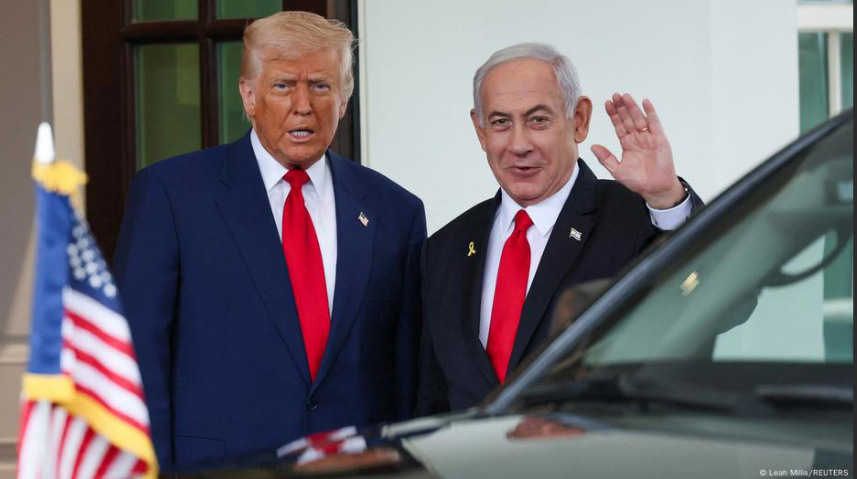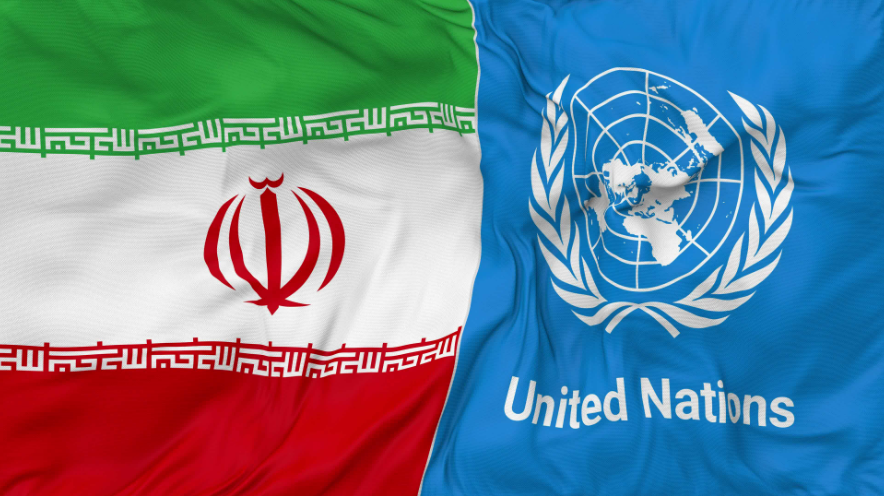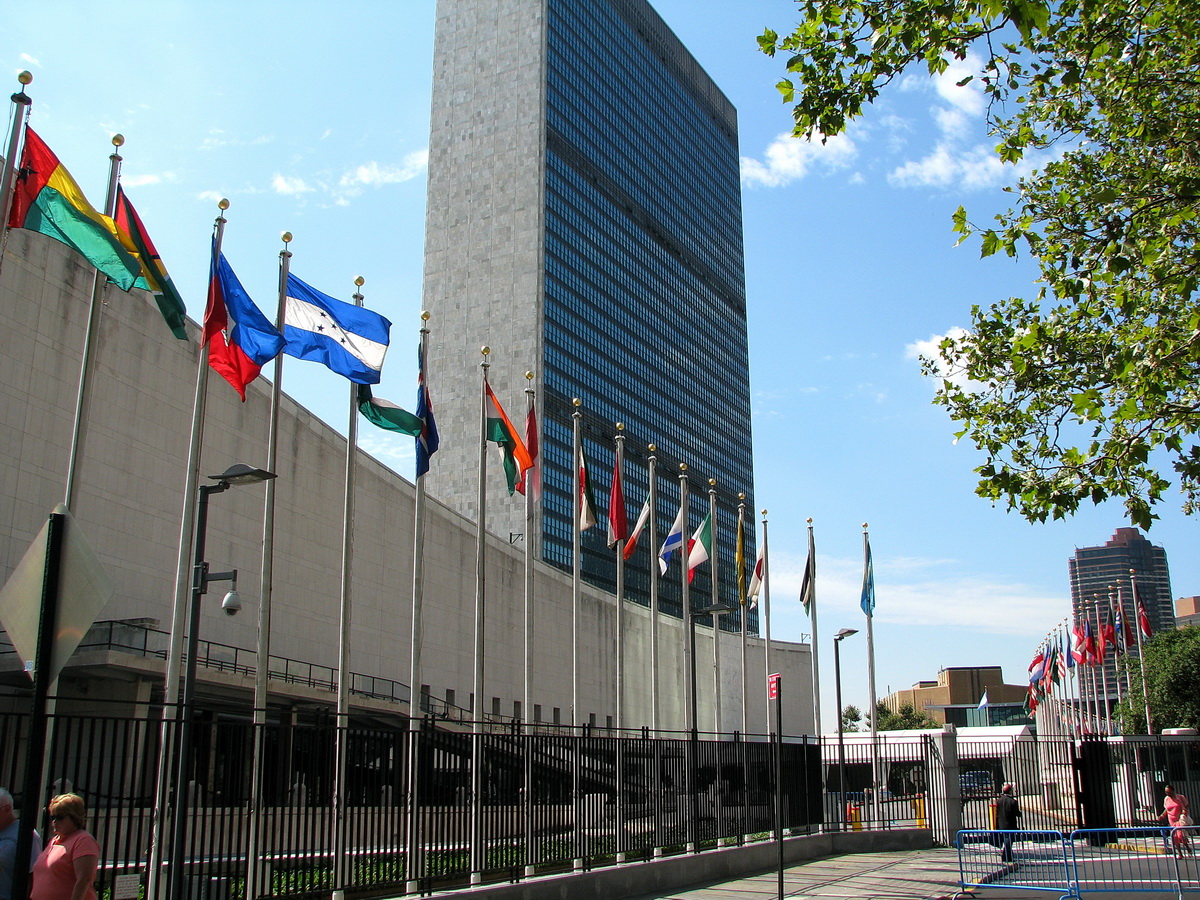by Michael Pushenko
The UN Has Failed The Hostages, Yet Again
In the adoption of Resolution A/ES-10/L.34/Rev.1 on the 9th of June 2025, the UN General Assembly yet again demonstrated a complete absence of moral and legal clarity. The Resolution presents a highly polarised approach towards the war between Israel and Hamas, expressing frustration with Israel’s operations, while deliberately avoiding any meaningful condemnation of Hamas’ atrocities, and rewarding them for terrorism. The resolution calls for:
“… the release of all hostages, the exchange of Palestinian prisoners, the return of all humans remains and the full withdrawal of Israeli forces from the Gaza Strip as well as the start of a major multi-year reconstruction plan for Gaza.”
The language implies that innocent civilians abducted during the October 7, 2023, massacres, and individuals convicted for acts of terrorism, including murder and violent extremism, are interchangeable.
Two key issues arise. First, the 2025 exchange involved the release of 1,900 Hamas operatives and individuals convicted of orchestrating and executing terrorist attacks in Israel, in return for 33 hostages. This raises serious concerns about the precedent being set. How many more convicted criminals would be expected in exchange for the remaining 50 hostages and how can such a demand be justified? Second, the UN continues to avoid explicitly condemning Hamas or holding the group accountable for its actions. Despite its designation as a terrorist organisation by many countries, the UN declines to designate Hamas as a terrorist organisation.
It is important to note that Hamas is not a recognised armed force of any state. Accordingly, its members are not entitled to the protections or repatriation rights granted to ‘prisoners of war’ under international law. Furthermore, Hamas fighters have consistently and credibly been reported to have violated key principles of international humanitarian law, including the requirements to distinguish themselves from civilians, and refrain from using human shields, all of which are violations of the principles of armed conflicts.
The hostages, on the other hand, were innocent civilians taken by Hamas. Young people attending the Nova music festival, families living in nearby Kibbutzim, and other helpless individuals. A total of 251 hostages were captured, and 50 remain in captivity. Article 34 of the Fourth Geneva Convention unequivocally states;
“The taking of hostages is prohibited.”
Reports of severe abuse, sexual violence and neglect committed against hostages further highlight the gross humanitarian violations being perpetrated. Yet, the UN has made little effort to investigate or enforce accountability for these grave breaches of international law.
The UN’s moral complacency in shielding Hamas from scrutiny, refusing to condemn its actions or even formally designate it as a terrorist organisation, amounts to rewarding terrorism. This not only legitimises Hamas’ tactics but risks encouraging further unjustified attacks, the abduction of innocent civilians, and the use of hostages as leverage for prisoner exchange. The UN has demonstrated yet again why Israel cannot respect with the UN’s clouded and polarised judgments.
By failing to condemn Hamas and by allowing hostages to be used as bargaining chips, the UN once again demonstrates its moral irresponsibility. At what point does the UN’s increasingly anti-Israel bias become undeniable?



